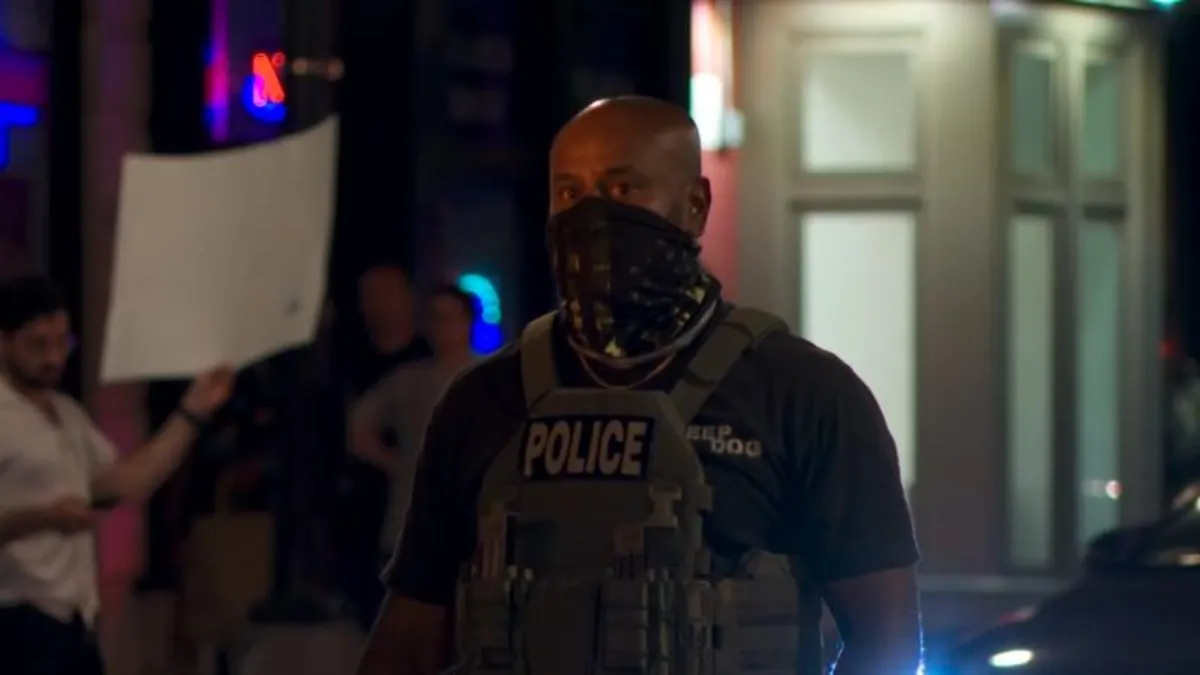
On Wednesday night, residents of Washington, DC, expressed their outrage during a protest against a traffic checkpoint established on 14th Street. This event coincided with the ongoing situation surrounding President Donald Trump’s intervention in the city’s police operations, marking the third consecutive night of heightened tensions.
The atmosphere was charged as locals gathered to voice their dissatisfaction with the traffic checkpoint, which they believe is an unnecessary and intrusive measure. Many residents argue that the presence of such checkpoints undermines community trust and raises questions about public safety during a time of intense scrutiny of police practices.
A DC police commander defended the operation, labeling it as a “routine” measure. However, this characterization has been met with skepticism from the community. Residents are adamant that the checkpoint is not merely a standard procedure, but rather a reflection of the increasing militarization of police in the city.
The protests highlight a growing concern among residents regarding police accountability and the implications of federal oversight in local law enforcement. As tensions escalate, many are calling for a reassessment of police tactics and their impact on the community, particularly in the wake of President Trump’s controversial decisions.
This incident raises important questions about the future of policing in Washington, DC. With ongoing protests and community pushback, it is clear that residents are not willing to accept measures that they perceive as overreach. The situation remains fluid, with many anticipating further developments as discussions around police reform continue to gain momentum.